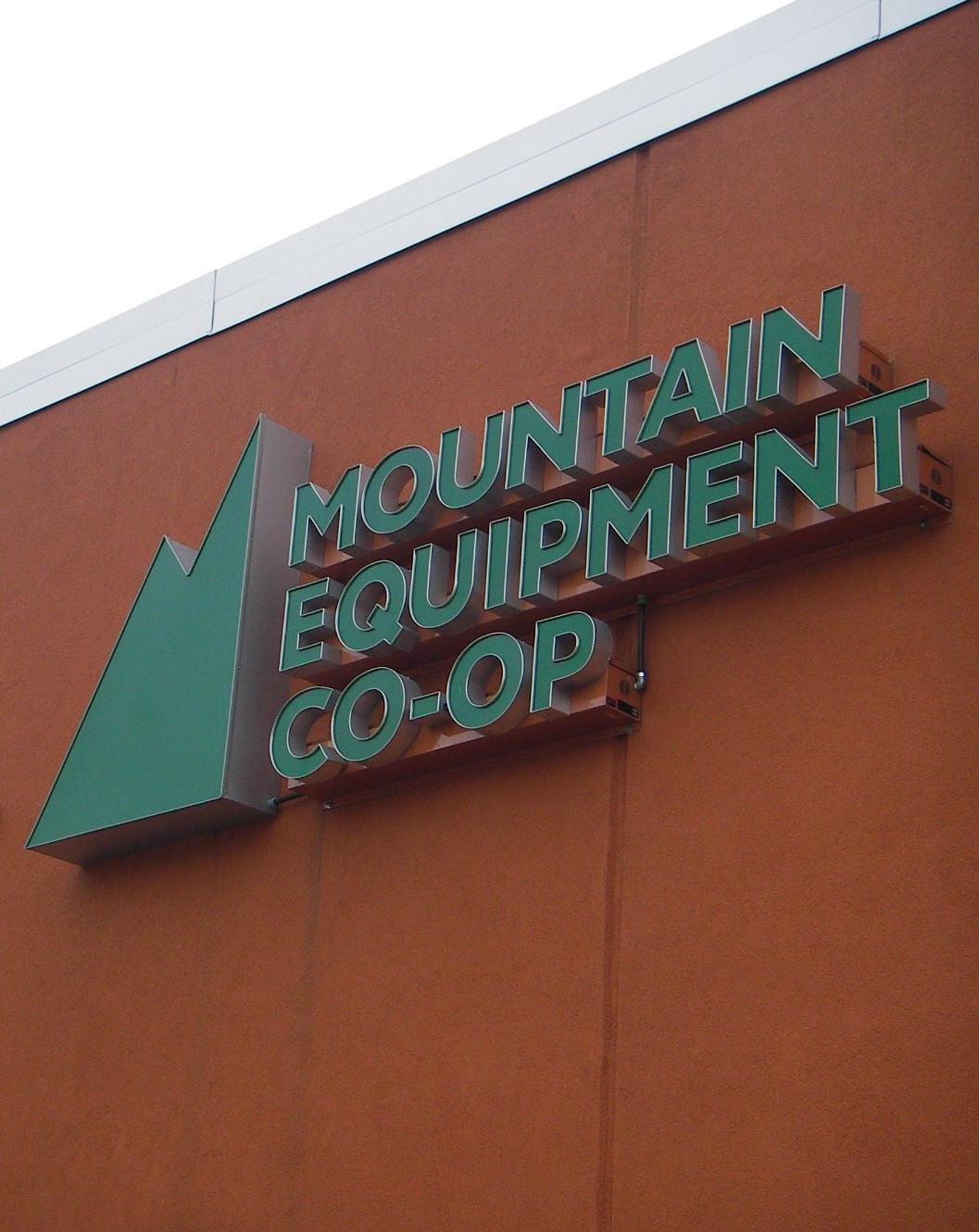Business and Economy
The value of the Mountain Equipment Co-op sale lies in its customer data

FILE: Mountain Equipment Co-op in Vancouver, Canada. MEC (Photo By Mike – Flickr, CC BY 2.0)
Imagine a world where, as a retailer, you have complete and detailed information on every single transaction made by each of your five million customers — for decades.
This is what private investment firm Kingswood Capital Management acquired when it bought Canadian retailer Mountain Equipment Co-op (MEC). Not a brand, not a chain of 22 struggling stores, certainly not customer loyalty and definitely not a successful private branding sporting goods franchise.
Kingswood bought access to, and control of, an unparalleled treasure trove of consumption data and purchase histories. That and detailed, verified personal information including name, age, address, telephone number and email.
Membership-based retail
MEC is a co-operative, open only to its members. Membership is easily obtained by purchasing a $5 share, which confers a lifetime membership in the co-op. When making purchases online or in person, members must provide their membership number. This is duly recorded on the transaction.
MEC’s privacy policy runs the usual several pages of legalese. It outlines the data gathered, the 15 purposes for which these data will be used, storage policies, use of third-party analytics and ad services and the promise that personal information will not be disclosed other than for the identified purposes. MEC also commits to removing any and all information from its databases should members request it.
Read more:
How good governance can stop toxic ‘bro behaviour’ at companies
Unfortunately, the data collection purposes are deliberately wide and vague, including:
To enable MEC to deliver a high standard of service to our members and prospective members;
To understand the product and service needs of our members and prospective members;
To develop and manage products and services to meet the needs of our members and non-members.
MEC is no worse and certainly no better than companies that ask consumers to provide data about themselves in return for some benefit, like reward or affinity programs.
Data as commodity
In an earlier article, a co-author and I demystified the plethora of privacy legislation and offered proscriptions to organizations on how to carefully and responsibly handle data in the burgeoning e-commerce age.
MEC, like many other retailers, mines the data customers willingly provide them to improve services, but more importantly, to inform brand promotions and increase sales. This is the world of data analytics, and the promise of data mining.
Read more:
The art and science of analyzing Big Data
Until now, MEC’s members have gone along based on trust and a belief that the organization’s decision-makers, as custodians, act in the best interests of the enterprise and its members.
This trust has been broken. Things are about to change.
Betrayal and legacy
A change.org petition, “Save MEC,” has gathered over 138,000 signatures at the time of writing. The comments included with the signatures underscore feelings of betrayal and a loss of trust in the organization.
The petition has raised over $100,000 to cover legal costs and is seeking intervener status before the courts to block the sale.
Kingswood Capital will be transforming MEC into a for-profit retail chain, virtually indistinguishable from all of its many local, provincial and national competitors. In doing so, it will rationalize and cut costs (the fund has committed to keeping 17 stores open, thus closing at least five stores).
However, MEC’s longer-term success lies in effectively differentiating itself, mainly by leveraging its base of 5.1 million legacy customers.
Spinning data into profit
The path to doing so lies in aggressively mining its customer data for all its worth, not only to Kingswood Capital’s own ends, but by also dividing these data into attractive offerings for other marketers, ad services, social media and online advertisers. Churning and repeatedly selling such data is the real value of the five million records that Kingswood bought.
In its 2018-19 annual report, MEC reported a net worth of roughly $189 million, this before accumulating up to $92 million in debt by November 2020, when the sale is supposed to close. Kingswood reportedly paid just around $150 million for the troubled co-op. At a value of $10 per member record, for 5.1 million members, Kingswood just has to sell this database a mere three times to recoup its investment. Selling it five times — an incredibly low number in today’s data-driven e-commerce economy — nearly doubles the investment.
While these numbers might be simplistic, it remains that even the most rudimentary analysis shows that the true value of MEC lies not in its stores, merchandise, brand or even its remaining employees. It’s all about the data.
Kingswood, in acquiring this iconic Canadian organization, figured out what MEC’s board never did: that the true value of an organization lies in a full and up-to-date database that evolves from a passionate community of loyal members who willingly, constantly and consistently give valuable information.![]()
Michael Parent, Professor, Management Information Systems, Simon Fraser University
This article is republished from The Conversation under a Creative Commons license. Read the original article.





















